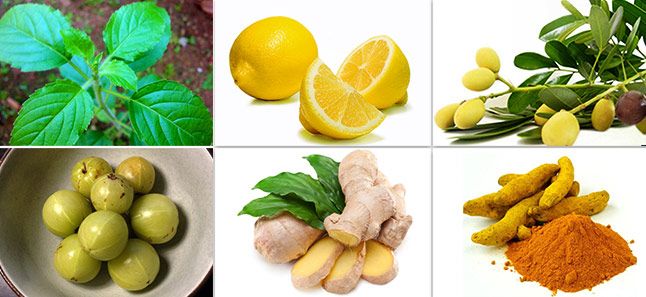With the number of people reeling under the onslaught of Swine Flu (H1N1 virus) going upwards at a rapid pace, everybody has been panicking and fearing for the safety of their loved ones. To deal with this fear and anxiety, and to take the necessary precautionary measures, we must first educate ourselves on the differences between regular flu and Swine Flu.
A regular flu occurs due to seasonal changes or a drop in immunity level. Symptoms of this type of flu include common cold, a runny nose, nasal congestion and fever. Generally, over-the-counter medicines are sufficient to treat these symptoms.
On the other hand, Swine Flu affects the respiratory system, and may cause the patient to be put on ventilator support. Patients suffering from Swine Flu may also fall prey to pneumonia (bacterial secondary infection) if the viral infection persists, and some can even develop seizures. Secondary bacterial infection of the lungs can lead to death but usage of appropriate antibiotics can aid in the treatment.
While recovering from Swine Flu needs proper medical attention, there are ways in which you can avoid falling prey to this deadly disease. Ayurveda experts insist that we put our attention on prevention, which is based on the understanding that increasing our immunity protects us from any epidemic disease.
Remedies for Swine Flu:
Ayurveda offers simple and effective remedies to boost immunity and build resistance through food, lifestyle and herbal solutions.
Food
Ensure that you eat nutritious vegetarian food that is freshly prepared. Such food is easy to digest and does not overwork the digestive system. This will also increase your overall resistance.
Lifestyle
Ensure that you take deep rest and keep your house and work place well ventilated. Practices such as pranayama, Sudarshan Kriya and meditation ensure peace of mind and also improve your bodily functions. The condition of mind can influence our body’s immunity level in a big way. A fearful and disturbed mind has more chances of having an unbalanced immune system as compared to a calm mind. Independent studies conducted at the All India Institute of Medical Sciences, New Delhi and National Institute of Mental Health and Neuro Sciences, Bengaluru have substantial empirical evidence that practices such as pranayama and meditation boost immunity by at least three-fold.
Herbs
Tulsi: Tulsi or Holy Basil is an age-old remedy for all sorts of ailments like cold, cough, bronchitis and fever. It also effectively fights flu and helps overpower harmful viruses, bacteria and other infections. A preparation of Tulsi tea can help prevent Swine Flu.
Boil 20 Tulsi leaves in water. Add turmeric, lemon, ginger and boil for 5 minutes. Let the concoction simmer and add honey to help build immunity.
Lemon and Amla: Take lemon on an empty stomach to build immunity. Take half a teaspoon of lemon juice with honey and turmeric. Amla or Indian gooseberry protects the body from any type of infection and can be taken in any form; namely - juice, raw or even as a tablet.
Dhupana: Dhupana or fumigation fights air-borne viruses and bacteria. You can burn Sambarani dhoop (loban stems) in the house twice a day to sterilize the atmosphere.
Laxmi Taru: Leaves of Laxmi Taru plant (botanical name: Simarouba) can be added to tea to enhance immunity.
Ginger and Turmeric: Mix ginger and turmeric with lime juice and honey and consume twice a day to enhance immunity.
Other Herbal formulations: Shakti drops, Immugen tablets, Chitrakaharitaki and antiviral/ immunomodulation medicines like Bhoomi Amlaki and Amrut (or Giloy) can be had, as prescribed by the physician.
Swine Flu can be prevented effectively by taking care of our food, adopting a healthy lifestyle and integrating herbal remedies in our daily life. These tips can also help fight regular flu and strengthen immunity, thus giving you a healthy and disease free life.


